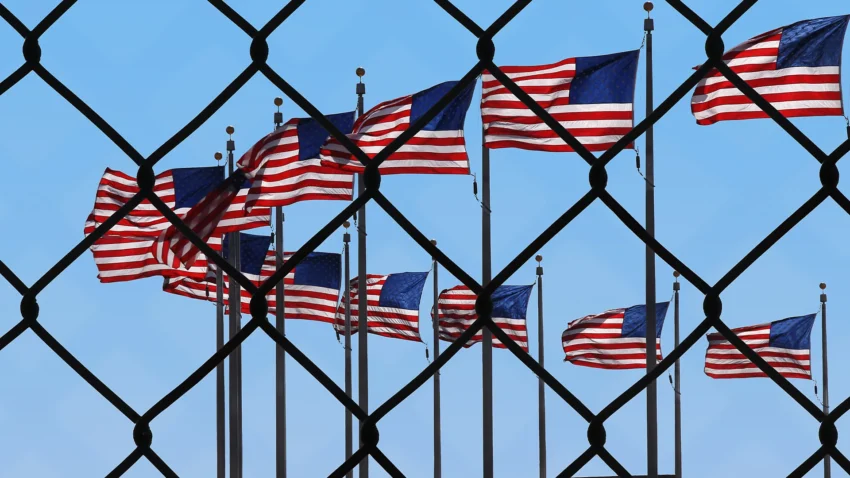As more countries warn their citizens about traveling to the US, some international tourists are doing more than just taking caution—they’re canceling their trips entirely. Here’s why that’s happening and what it could mean for Americans.
Under President Donald Trump’s leadership, several new policies—including tariffs on allied countries, a stricter immigration crackdown, and tighter border controls—have made the US a less appealing destination for many travelers. The result? Countries like Germany, the UK, Finland, Portugal, and Denmark have issued travel advisories for the US, and some travelers are pushing for a complete boycott.
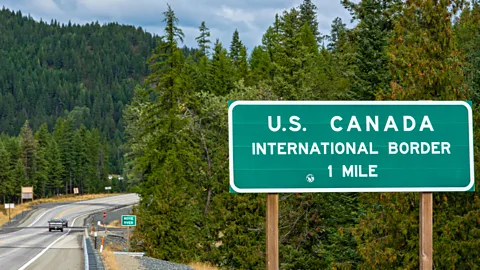
One of the most noticeable reactions has come from Canada—America’s biggest source of tourists. Former Canadian Prime Minister Justin Trudeau even urged people to “choose Canada” instead of heading south for vacation, hinting at both safety concerns and political tensions. His call seems to have worked. Statistics Canada reported that border crossings dropped over 20% in February. The US Travel Association says even a 10% dip in Canadian visitors could mean $2.1 billion in lost revenue and 14,000 job cuts.
It’s not just about politics—many Canadians say they simply don’t feel safe visiting the US anymore. Travel journalist Kate Dingwall shared, “I worry about the border and getting stuck somehow, especially with how prickly Trump is to Canada.” Comedian Keith Serry even canceled several shows in New York, saying he couldn’t justify spending money in a “hostile state.”
There have also been real incidents causing concern. Some Canadians with valid documents have been inexplicably detained by US immigration officers. One woman was held by ICE for two weeks after her visa was suddenly revoked.
Amar Charles Marouf, a strategist at international law firm Gowling WLG, explained it this way: “When values like inclusion and equity feel out of step with what’s happening across the border, it becomes harder to justify visiting.”
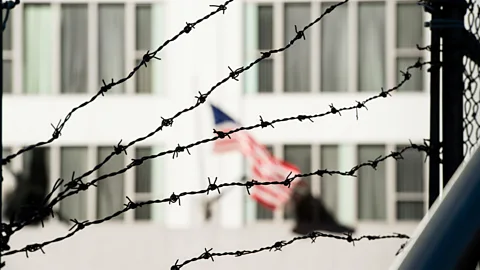
Rather than staying home, Canadians are choosing alternative destinations like Mexico, South America, and Europe. “California will still be there when this is all over,” Dingwall added, “but Portugal just feels safer right now.”
Some international hotels are seeing an uptick in bookings because of this shift. Diarmaid O’Sullivan of the Hamilton Princess Hotel in Bermuda said they’ve had a 20% revenue boost from Canadian travelers looking to move their vacations and events out of the US.

Ironically, this shift is happening even as the US tourism sector is booming on paper. According to the World Travel & Tourism Council, the US travel industry reached a record $2.36 trillion in economic impact last year. And the Bureau of Labor Statistics says over 800,000 new hospitality jobs are expected to be added.
But experts warn that if this trend of boycotts and cancellations continues, the impact on the US economy could be significant. Tourism Economics recently lowered its forecast for inbound US travel, citing political tensions, tariffs, and currency exchange issues.
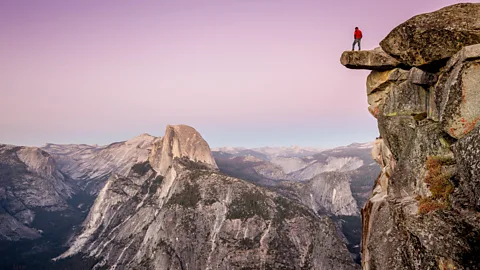
Former California official Jeff Le noted that international tourists brought $24 billion into California in 2023 alone. Losing that kind of money, he said, “would hurt local communities—not politicians.”
That’s a sentiment echoed by many. Thomas F. Goodwin of the Exhibitions and Conferences Alliance said, “It’s US workers and small businesses who get affected by travel boycotts. Not the government.” From hotel staff and caterers to performers and small shops—many rely on tourist spending to make ends meet.
There’s also a bigger, less visible loss: global influence. Oxford professor Neri Karra Sillaman said that fewer visitors means less “soft power” for the US. “If artists, academics, and entrepreneurs start avoiding the US, it’ll eventually lose more than tourism—it could lose its reputation for innovation and openness.”
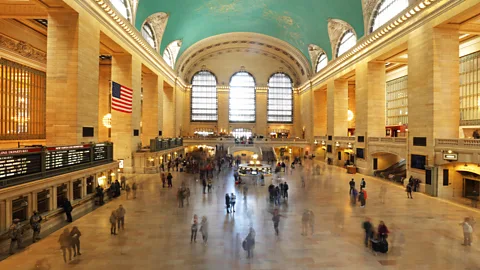
That kind of shift has long-term consequences, she added. “When talented people choose other countries, the US risks becoming more closed off and less competitive.”
Even on a human level, boycotts take a toll. Missouri lawyer John Beck said he’s helped dozens of clients cancel or delay US travel—leading to missed weddings, family reunions, and business deals. “It’s not just about politics,” he said. “Most Americans aren’t responsible for these policies. They just want safety, fairness, and dignity. That’s what we should focus on protecting.”

